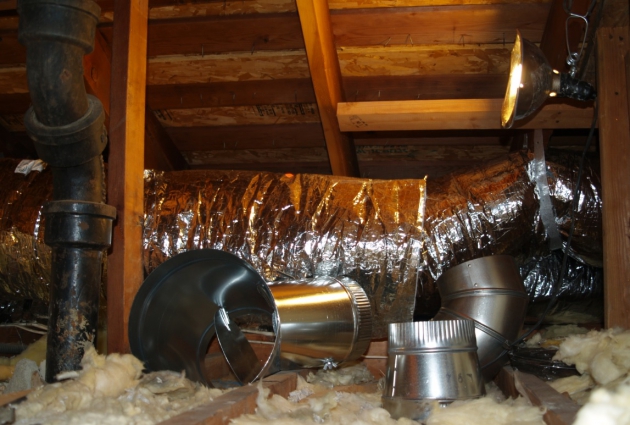Tulip Care – A Must For Spring Gardens
If you love to see the beautiful tulip flowers in April and May, then tulip care during the growing season in your garden is a major priority for you. You spent good money and poured your time in planting new bulbs in the fall. As spring unfolds, you want to see those yellow, red, white, pink and other tulip flowers. They are saluting you as they wave in the breeze for taking care of them. Review this article to be sure that you take good care of your own tulips.
Tulip flowers are a hardy species, but if you don’t know how to deal with the main challenges, your garden will suffer. Here are the top concerns and issues with tulips before flowering.
Fertilize your tulip plants twice a year. The best time to feed tulips is in the early spring (before they bloom again). The best way to feed them is to add a tablespoon of a granular fertilizer on the soil around each bulb. This should be done before flowering because feeding your tulips after flowering could cause a disease.
Tulips need lots of water. If your garden gets plenty of rainfall nature will take care of the watering. If you live in a very warm area all-year-round make sure to water your tulip garden at least once a week.
Watch out for animal pests, like rabbits and squirrels. Rabbits eat the green shoots and can destroy the tulip plant so that no flowers blossom. Prevent rabbits from eating breakfast in your garden by using a physical fence like chicken wire, a deterrent like cayenne pepper, or non-toxic commercial products like Liquid Fence.
Squirrels can harm the tulip plant by digging and eating tulip bulbs. Protect the bulbs by installing netting over the bulbs when planting them. This will keep squirrels from reaching the bulbs. Once you have planted tulip bulbs, sprinkle blood meal on top of the soil around the tulip shoots. You can also install chicken wire over the top of the garden to protect the small shoots when they emerge.
Voles are another problem. Voles are small rodents that burrow and dig tunnels underground. Voles see tulip bulbs as food and will eat the bulbs, destroying your tulip garden. Unfortunately, there are not very many effective ways to remove voles.
Grubs are insects that are the biggest killer of tulip. If the dirt in your garden has grubs, use some time released insect/or grub killer on the ground around them once or twice a year. Nurseries and home garden centers offer various grub insecticides in granular form that control these pesky insects.
Here is an additional tip:
If you buy potted tulips from a nursery or store, you can plant them outdoors. Remember to plant the tulips as they are in the pot in a sunny location. You will kill the tulips when you separate them from the potting soil.
Tulip care in the spring is not an option. Your garden will thank you and your tulips will salute you whenever the breeze blows.







